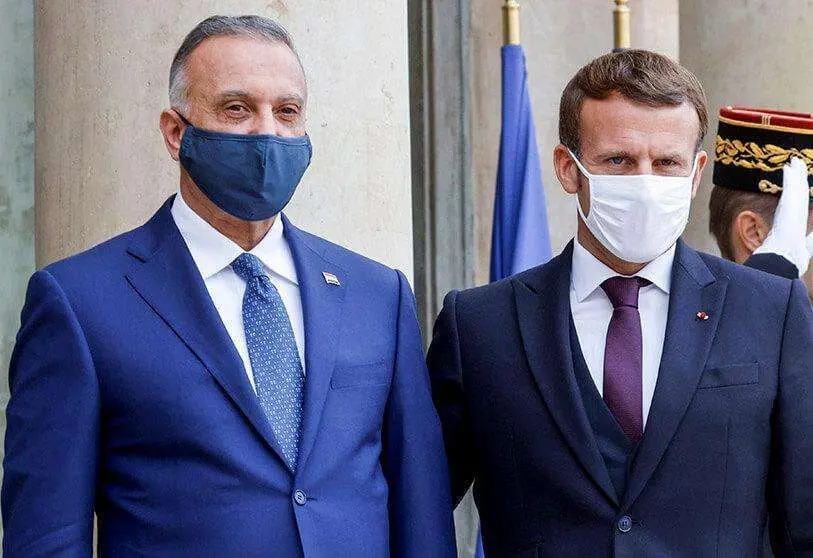Summit in Baghdad to bring Saudi Arabia and Iran closer together

Tension in relations - or precisely the lack thereof - between Saudi Arabia and Iran has reached a point of deadlock that urgently needs to be addressed. Continued direct and indirect confrontations - Saudi actions in Yemen against Iranian-backed militias and vice versa - have meant that Iraq has had to do its part to bring about a meeting that could bring the two countries' positions, which currently could not be further apart, a little closer.
Iran's Foreign Minister Hossein Amir-Abdollahian will represent his country on Iraqi soil at the regional summit, as the ministry itself has announced. The Islamic Republic's new president, Ebrahim Raisi, has also been invited to the Baghdad summit, but it is not yet known whether he will attend. According to sources close to Iraqi Prime Minister Mustafa Al-Kadhemi, Saturday's meeting is intended to give Iraq a "unifying role" in addressing the crises that have been rocking all countries in the region for years. However, Iraqi Foreign Ministry undersecretary and spokesman for the 'Baghdad Summit', Nizar al-Khairallah, said that the meeting 'focuses on Iraq's economic cooperation and integration with its partners'.

On the possible tension between the Saudi and Iranian representatives, Al-Kadhemi said that "the meeting at the conference is between leaders and decision-makers of countries that have weight in the region and the possibility of providing opportunities for dialogue depends on the willingness of the countries". He added that "it is only necessary to create the right conditions, but the leaders have the will to assess the interest in constructive dialogue in communication with other countries", leaving the door open to a path of dialogue, but without leaving a concrete answer, in the end.
The agenda for Saturday's summit is not yet known. What is planned is the long-awaited meeting between representatives of Saudi Arabia and Iran, something that has already taken place on previous occasions in the same country, albeit behind closed doors. Since April there have been negotiations between the two countries with the aim of resuming relations broken off in 2016 due to the attack on their embassy in Tehran and the Iranian reaction to the execution of the dissident Shiite cleric Nimr al-Nimr.

Egyptian President Abdel Fattah El-Sisi and Jordan's King Abdullah II have said they will attend, as has French President Emmanuel Macron, the only official expected from outside the region. Macron's presence is expected to add further confidence and show a sincere willingness on all sides to engage in truly productive talks. Indeed, Raisi, who took office barely a week ago, has said he sees "no obstacles" to restoring ties with Riyadh and intends to make - or at least that is the image he wants to portray - improving relations with countries in the region one of his priorities.
One of the issues on the table was Syria's possible participation in the summit, although al-Khairallah ruled this out as he did not want to start the summit "with a controversial issue" such as Syria's return to the regional chessboard. However, he did defend Syria's participation in future meetings, saying that "the security and stability of Syria is part of the security and stability of Iraq, and Iraq is the only country that openly calls for Syria's return to the Arab League". It should be recalled that it was expelled from the pan-Arab body after the outbreak of the conflict in the country in 2011.










